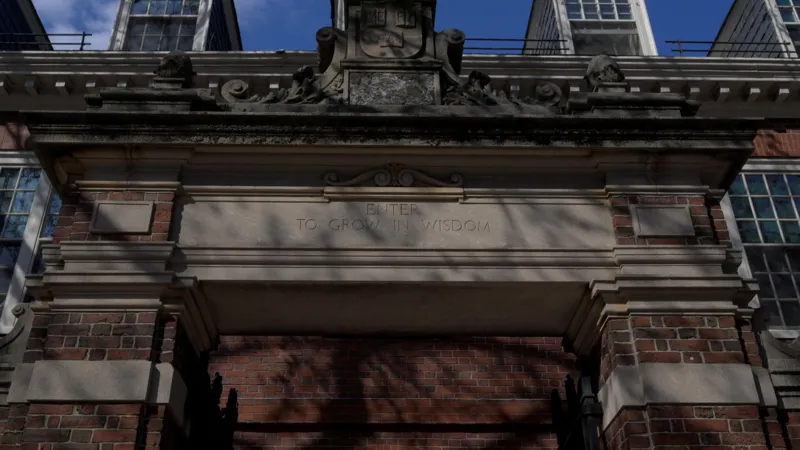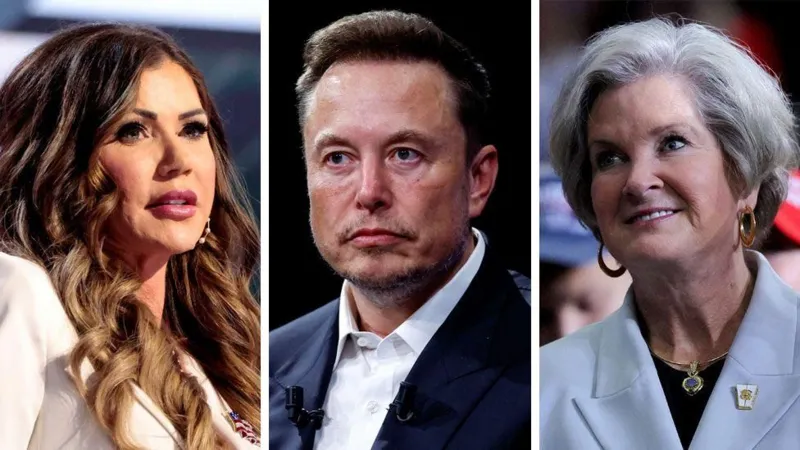Donald Trump vows to impose massive hikes on goods from China, Mexico and Canada on his first day in office

President-elect Donald Trump on Monday promised massive hikes in tariffs on goods coming from Mexico, Canada and China starting on the first day of his administration.
The move, Trump said, will be in retaliation for illegal immigration and “crime and drugs” coming across the border.
“On January 20th, as one of my many first Executive Orders, I will sign all necessary documents to charge Mexico and Canada a 25% Tariff on ALL products coming into the United States, and its ridiculous Open Borders,” Trump posted on his Truth Social platform. “This Tariff will remain in effect until such time as Drugs, in particular Fentanyl, and all Illegal Aliens stop this Invasion of our Country!”
Trump said America’s neighbors can “easily solve this long simmering problem.”
Similarly, Trump said that China will face higher tariffs on its goods – by 10% above any existing tariffs – until it prevents the flow of illegal drugs into the United States.
“I have had many talks with China about the massive amounts of drugs, in particular Fentanyl, being sent into the United States – But to no avail,” Trump posted on Truth Social.
The president-elect claimed in the post that Chinese officials promised him the country would execute drug dealers caught funneling drugs into the United States but “never followed through.”
CNN has reached out to the embassies of Mexico, Canada and China for comment.
Trump’s tariff plan
Trump campaigned on using tariffs as a cudgel against foreign countries – as he did in his first administration – to grow domestic manufacturing while increasing tax revenue to pay for large revenue gaps that his proposed tax cut plan would create.
Tariffs effectively serve as a tax on goods imported to the United States. Although Trump has repeatedly said targeted foreign countries pay the tariffs, they are in fact paid by companies that purchase the imported goods – and those costs are typically passed onto American consumers. Most mainstream economists believe tariffs will be inflationary, and the Peterson Institute for International Economics has estimated Trump’s proposed tariffs would cost the typical US household over $2,600 a year.
Scott Bessent, Trump’s pick for Treasury secretary, has said that tariffs would not add to inflation if they are implemented correctly. Wall Street cheered Bessent’s appointment, because he is widely expected to roll out tariffs gradually.
Although Bessent, if confirmed by the Senate, will be partly responsible for implementing the tariffs, in coordination with the Commerce secretary and US Trade Representative, Trump as president would wield significant power to levy tariffs with the stroke of a pen. He did just that when he was last in the White House, placing large tariffs on goods, primarily from China.
The problem with tariffs is that they often result in retaliatory actions by targeted countries, kicking off a trade war – and that’s exactly what happened during Trump’s first term. That blunted the tariffs’ effect on domestic manufacturing, because manufacturers’ goods became less attractive to overseas buyers.
Trump has promised significantly larger tariffs during his second term. Although he continues to discuss many different numbers, he has proposed a tariff upward of 60% on all Chinese goods, as well as an across-the-board tariff of either 10% or 20% on all other imports into the US.
Source: CNN
























































